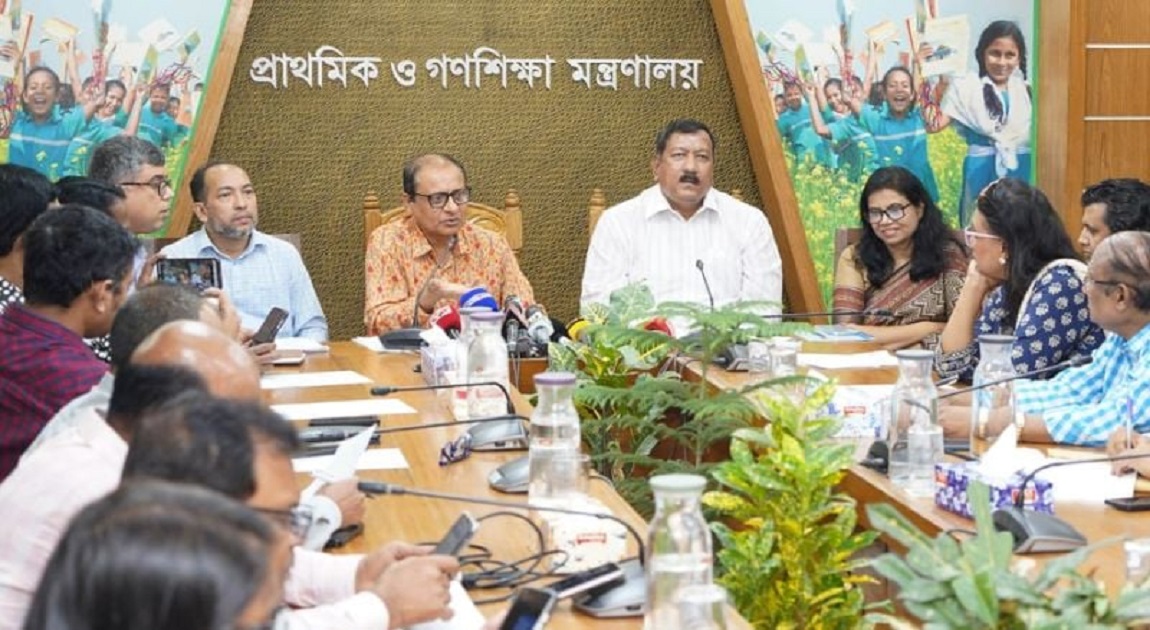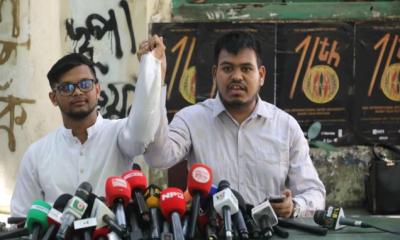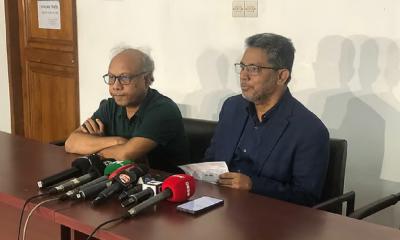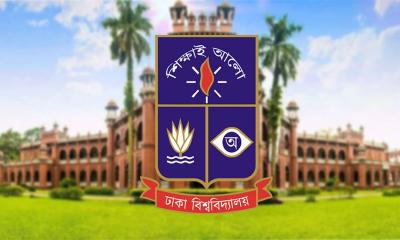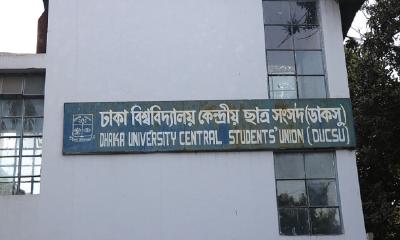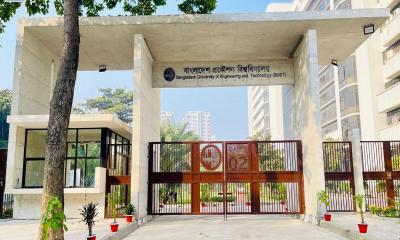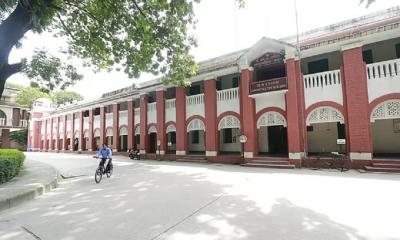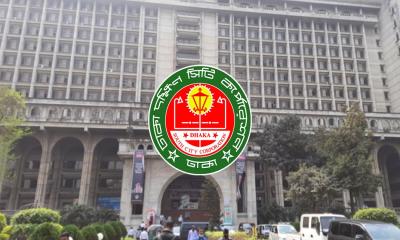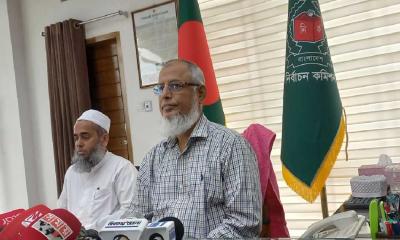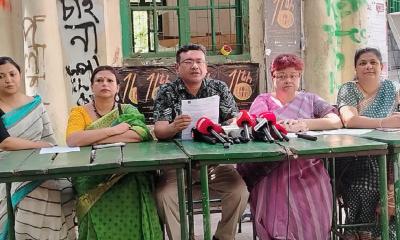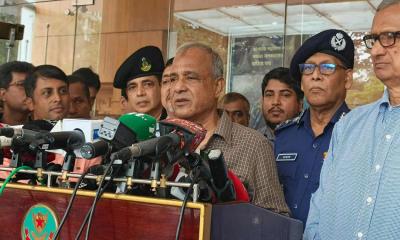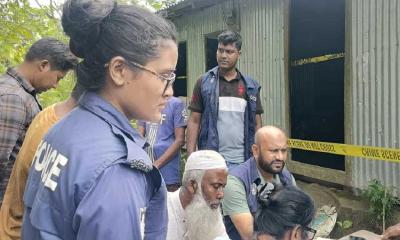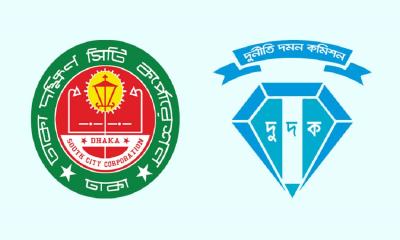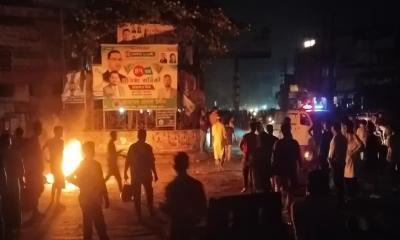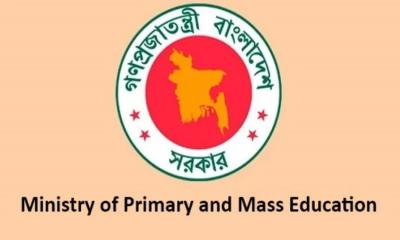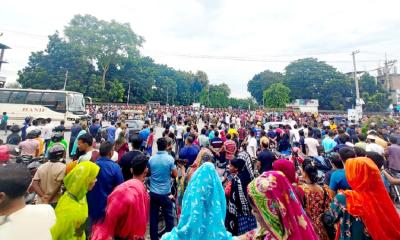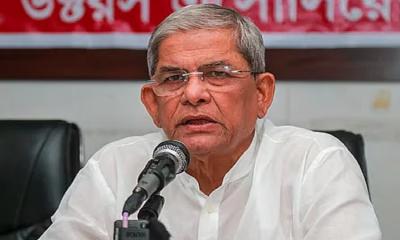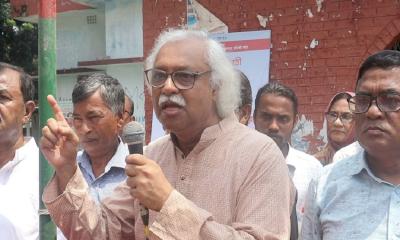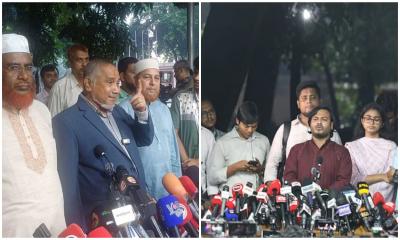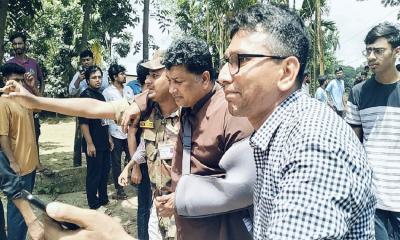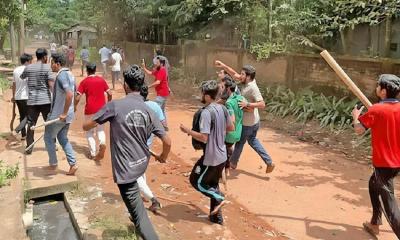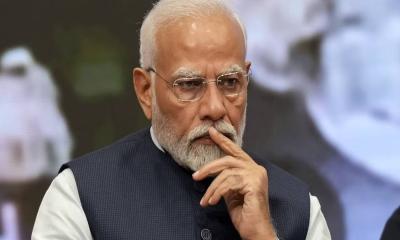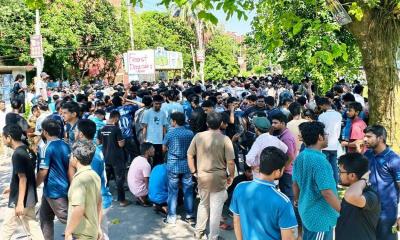The government is planning to reduce the number of annual holidays in all public and private primary schools across the country, officials said.
The announcement was made by Adviser to the Ministry of Primary and Mass Education, Bidhan Ranjan Roy Poddar, during a press conference on Sunday marking International Literacy Day 2025 at the ministry’s conference hall in Dhaka Secretariat.
Bidhan Ranjan Roy Poddar said, “We need to ensure that teachers and students spend adequate time on learning. Currently, schools operate for only 180 days a year. Efforts will be made to reduce unnecessary holidays. The Ministry of Primary and Mass Education will work closely with the Ministry of Education on this initiative. At the same time, steps are being taken to prevent teachers from being assigned non-teaching duties.”
On filling vacant head teacher positions, the adviser said that nearly 32,000 schools currently have no head teachers, with promotions stalled for a long time due to ongoing legal cases.
“The ministry is taking prompt action to address this issue. About 80 percent of the vacancies will be filled through promotions and the remaining 20 percent through direct recruitment. Teacher transfers will now be conducted entirely online,” he added.
According to the latest Bangladesh Bureau of Statistics (BBS) data, the literacy rate among people aged seven and above is currently 77.9 percent, leaving around 22.1 percent of the population illiterate. These include out-of-school or dropout children as well as adult men and women.
In a written statement read at the conference, Ministry Secretary Abu Taher Md. Masud Rana emphasized that literacy is key to achieving the United Nations’ Sustainable Development Goals.
He noted, “Literacy is not just the ability to read and write. It also includes comprehension, numeracy, oral and written communication, digital skills, and functional knowledge necessary for human resource development. Basic education, skill-based literacy, lifelong learning, and market-oriented training are essential.”
The press conference also highlighted ongoing initiatives under the 2014 Non-Formal Education Act, which provides primary education to out-of-school children aged 10–14 and literacy, livelihood skills, and lifelong learning for adults aged 15 and above.
By December 31, 2024, under the non-formal education program, 825,036 students were enrolled in 25,815 learning centers across 63 districts, with 246,496 students later integrated into the mainstream education system.
Additionally, the Basic Literacy Project has helped 4,460,000 adults achieve literacy across 248 upazilas in 64 districts.
A pilot project completed in June 2025 in Cox’s Bazar provided literacy training along with technical skills in 13 trades to 6,825 adolescents. Plans are underway to expand this program to 16 more districts.


